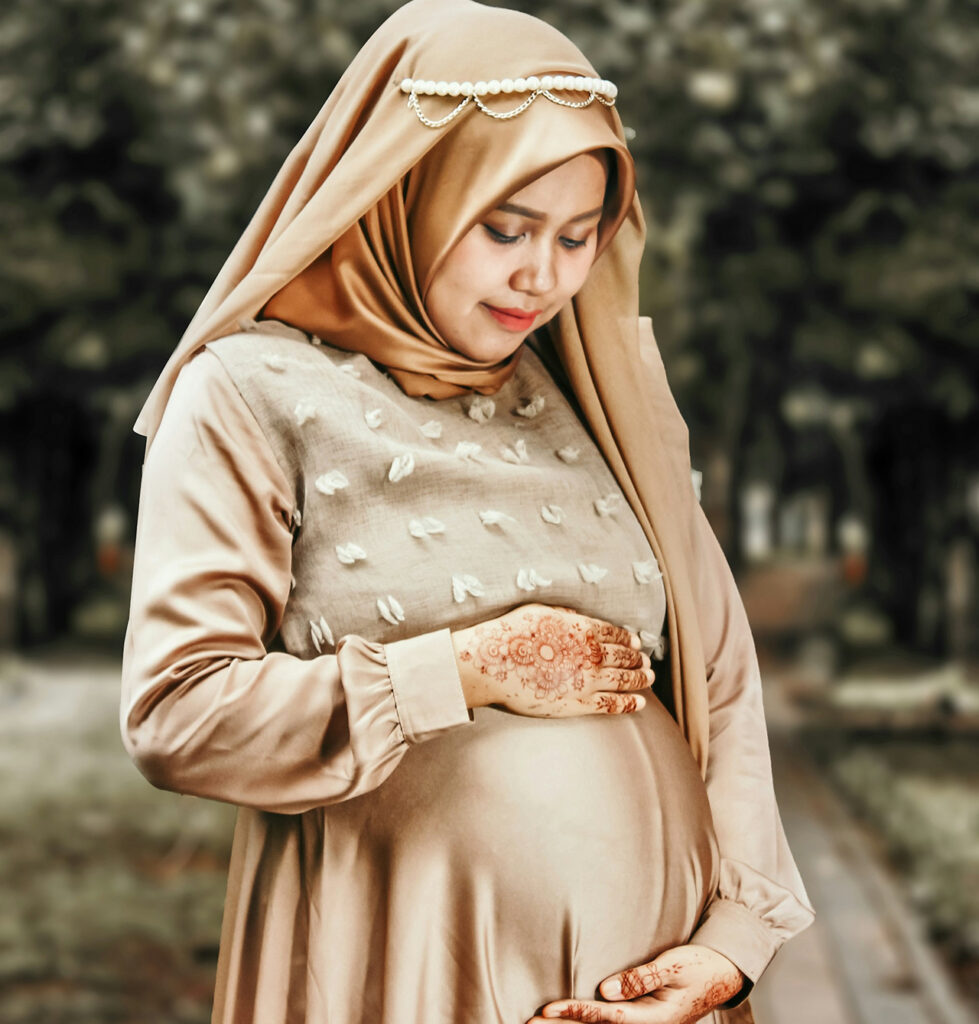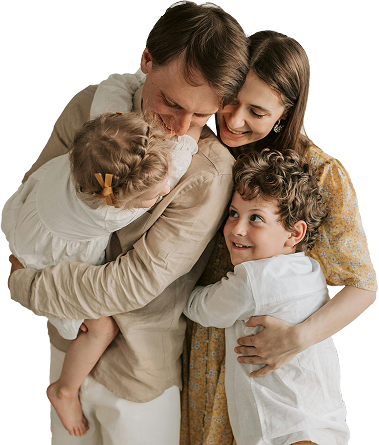Faith and Culture can play a significant role in shaping experiences and expectations surrounding pregnancy.
How Can Faith and Culture Play a Role in Pregnancy
From conception through postpartum care, faith and culture can shape beliefs and practices surrounding pregnancy in various ways, as detailed below:
- Prenatal Care: Cultural and religious beliefs significantly shape attitudes towards prenatal care, guiding individuals in their choice between traditional remedies and modern medical interventions. For instance, certain medical procedures linked to pregnancy, such as circumcision and emergency blood transfusions, are not accepted by all religions.
- Dietary Choices: Dietary habits are deeply intertwined with religious and cultural norms. Specific dietary rules dictated by some cultures during pregnancy can greatly impact nutritional intake and overall prenatal care.
- Birth Traditions: Cultural rituals also play a crucial role in influencing childbirth practices, including decisions about birthing locations and the types of assistance sought. These traditions can include varying attitudes toward medical procedures and personnel involved during childbirth.
- Postpartum Care: Postpartum practices vary widely across different cultures, including confinement periods and specific rituals, which can influence aspects of care such as breastfeeding and recovery. Additionally, customs such as co-sleeping, baptism, and baby-naming are shaped by these cultural and religious frameworks.
Recognizing and understanding the diverse cultural and religious influences on individuals is crucial for delivering sensitive and effective care. By acknowledging these varied perspectives, healthcare providers can ensure that all practices, from dietary regulations to medical interventions, respect and accommodate the beliefs of expectant and new mothers.

How Faith and Culture Can Affect Your Relationship
The intersection of faith and culture can shape the dynamics of a relationship during pregnancy. Partners may find strength in shared values, but the differences in beliefs may require compromise and understanding. Cultural norms around gender roles and family dynamics may also come into play, influencing how partners support each other through pregnancy and beyond. Ultimately, embracing diversity and mutual respect can strengthen the relationship and lay a good family foundation.
How Can We Help?
We offer a personalized approach, focusing on individual health profiles and unique concerns. Our integrated approach ensures personalized care, emotional well-being, and access to advanced treatments, making the journey toward conception and pregnancy more manageable and supportive every step of the way.


